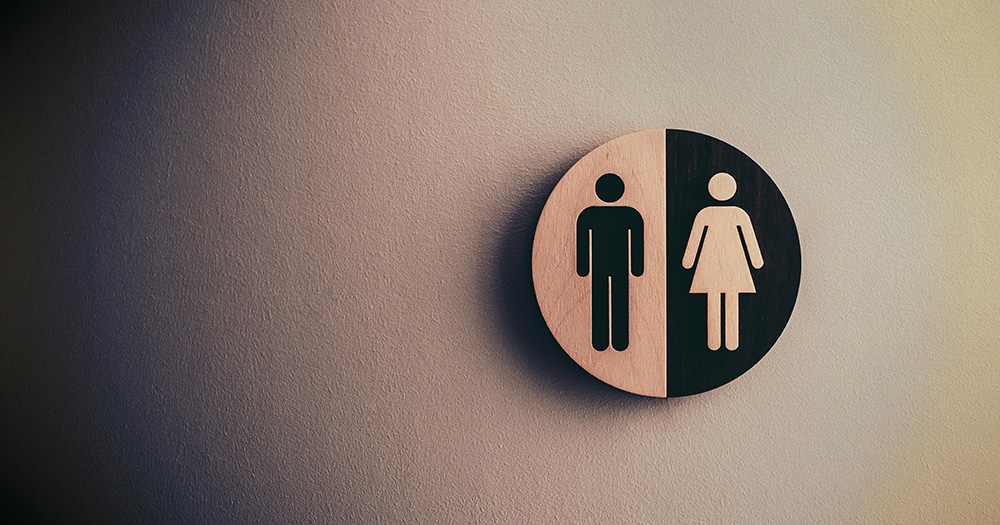The Equality and Human Rights Commission (EHRC) has issued interim guidance following the UK Supreme Court’s recent ruling that stated the legal definition of ‘woman’ in the Equality Act refers exclusively to biological sex.
The guidance advises that, in public settings such as hospitals, shops, schools, and restaurants, as well as workplaces, trans women (described by the EHRC as “biological men”) should not be allowed to use women’s facilities, and trans men should not be allowed to use men’s facilities. However, it also stated that in some circumstances, the law will not allow trans women to use men’s facilities or trans men to use women’s facilities either.
The EHRC goes on to state that trans people must not be left without access to any facilities, and said that where possible, “mixed-sex” toilet, washing or changing facilities should be provided in addition to “single-sex” facilities.
It also confirmed that further guidance on single-sex participation in competitive sport is expected at a later date.
According to the EHRC, this non-binding guidance was released in response to widespread public confusion about the implications of the court’s decision. An independent body tasked with promoting equality and human rights, it has faced immediate and intense criticism over the implications of its interpretation, especially from LGBTQ+ organisations and legal professionals.
TransActual, a prominent advocacy organisation, has condemned the EHRC’s guidance as “bigoted” and potentially “unlawful”. In a strongly worded statement, the group accused the Commission of promoting segregation and fostering a hostile environment for trans people. It argued that the guidance goes far beyond what the Supreme Court ruling actually requires and warned that workplaces and venues following the EHRC’s interpretation could be exposed to significant legal risk.
TransActual claims the guidance fails the legal test of being a “proportionate means of achieving a legitimate aim”, particularly in cases such as blanket bans on trans women accessing women’s toilets.
The group further alleged that the EHRC’s approach amounts to state-sanctioned exclusion, forcing trans people out of public life, and undermining freedom of association, including the rights of cisgender women who wish to include trans women in their spaces.
“The EHRC is now explicitly a hate group and should be treated as such,” said Helen Belcher, Chair of TransActual.
The group urged the public to reject the guidance, advocate for inclusive spaces, and take practical steps to protect vulnerable members of the community.
View this post on Instagram
Amid the uproar, Britain’s first transgender judge, Victoria McCloud, has filed a legal challenge with the European Court of Human Rights. She argues that the Supreme Court’s interpretation violates her rights under Article 6 of the European Convention on Human Rights, which guarantees a fair hearing. McCloud’s case is expected to draw further attention to the international legal implications of the UK’s evolving approach to gender and equality law.
As the legal and political landscape becomes increasingly fraught, critics have called on the government and opposition parties to clarify their positions. With legal experts warning of likely human rights challenges ahead, the EHRC’s guidance has further fueled a fierce national debate and is far from offering clarity.
© 2025 GCN (Gay Community News). All rights reserved.
Support GCN
GCN is a free, vital resource for Ireland’s LGBTQ+ community since 1988.
GCN is a trading name of National LGBT Federation CLG, a registered charity - Charity Number: 20034580.
GCN relies on the generous support of the community and allies to sustain the crucial work that we do. Producing GCN is costly, and, in an industry which has been hugely impacted by rising costs, we need your support to help sustain and grow this vital resource.
Supporting GCN for as little as €1.99 per month will help us continue our work as Ireland’s free, independent LGBTQ+ media.
